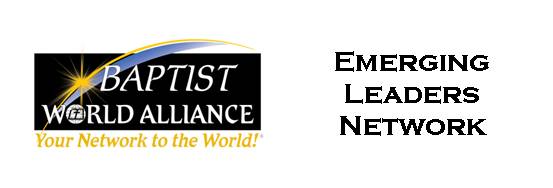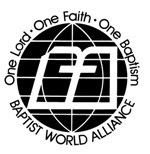By Elijah Brown
In recognition of the commemoration of the 60th Anniversary of the Universal Declaration of Human Rights (1948), the United Nations designated 2009 as the International Year of Human Rights Learning.
The Universal Declaration enshrines a number of critical human rights ranging from the right to work and own property, the freedom for peaceful assembly and association, and the right of everyone to freedom of religion. (Article 18, full text: http://www.unhchr.ch/udhr/lang/eng.htm)
Freedom of religion, however, is more than an individual right to choice. It is also the recognition that religions, churches and faith-based organizations have an equally implied responsibility to contribute to the goals of peace, justice and friendship.
In God and the Constitution, Paul Marshall identifies two important Biblical rationales for the religious advancement of political human rights. The first stems from God’s first command, Genesis 1:28, “Be fruitful and increase in number; fill the earth and subdue it.” Marshall notes, “Human beings are also part of creation. Stewardship [therefore] includes human life as well as the rest of nature.” (32)
In the reestablishment of the social order following the story of Noah, this stewardship in relation to human life is extended: “Whoever sheds the blood of man by man shall his blood be shed.” (Genesis 9:6) While this text is often used in relation to capital punishment, it is important to “emphasize not what the penalty was, but who was supposed to apply the penalty… Human beings were charged with the responsibility for dealing with injustice themselves.” (44)
Although this is but a thumbnail generalization, much of the Old Testament unfolds meanings of justice and exhorts individuals to take an active role in furthering justice and just human rights at every level of society as part of their theological witness and Biblical mandate.
By the time of the New Testament, complex governments had crystallized with very real social implications. In this context, Christians are exerted to view governments as institutions entrusted with specific and needed tasks. However there is a subtle reminder that “government is under God’s just order and must give and receive only its due. It cannot claim everything; it is not the final authority.” (52)
In a context that demanded emperor worship and witnessed political claims of authority over every societal component, the recognition that worship and justice is standardized and centered in God implies that there are proper limits to the claims, authority and actions of governments. Christians are to respect and comply with the legitimate claims of government while actively working to ensure that the governments themselves embody and pursue a stewardship of justice.
As part of our Biblical mandate of stewardship we have been tasked with the responsibility of pursuing justice. It is a sacred and central component to Christian worship and is to be furthered at individual, communal and governmental levels.
In this 2009 “International Year of Human Rights Learning,” it is my hope that churches and individual Christians alike will play a more active role in this component of our worship.
Of course the above is but a limited sketch of several Biblical references related to the issue of human rights and political justice. There is much more, and I hope that this is but a starting point for an active conversation.
What are some of your favorite Biblical verses about justice?
Would you post some additional Biblical reflections about the nature of human rights?
Would you share how you have been involved in this area?
And most importantly, will you encourage the pursuit of justice?
**Paul Marshall, God and the Constitution: Christianity and American Politics, Rowman & Littlefield Publishers, 2002.
February 2, 2009
Subscribe to:
Post Comments (Atom)





No comments:
Post a Comment